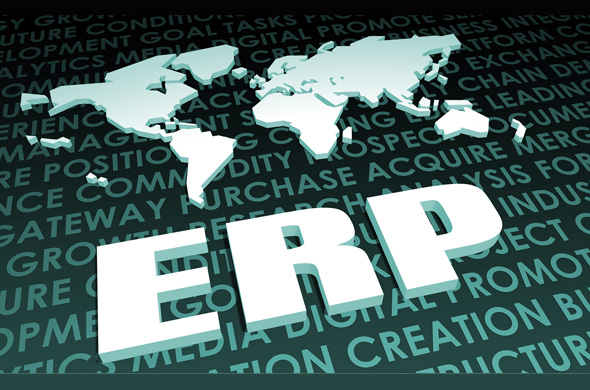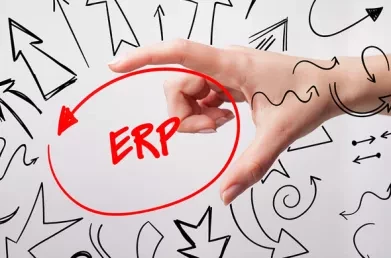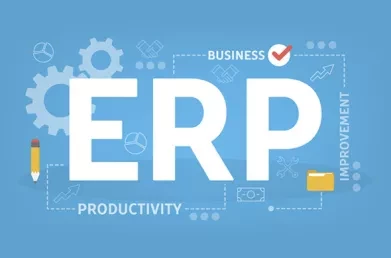Benchmarking ERP Costs
A client recently asked me if I could provide any “rule of thumb” numbers for proportional spend by category during an ERP implementation. It turns out this is much more easily said than done!
Background
My client had an excellent reason for asking this question. We were in the midst of an ERP selection project, and he wanted to get some comfort that the costs we were being presented with for software and implementation services were within the bounds of what you would normally expect for a project of this nature.
The key phrase here of course is “a project of this nature”. Every single ERP implementation project is different, for a whole slew of reasons. That’s why ERP vendors build up their costs when preparing a proposal using cost estimator tools and spreadsheets; even then they will have included various assumptions and provisos. Internal costs associated with ERP projects are also difficult to pin down and vary enormously depending on the details of the project.

Reasons why ERP costs vary
Here’s a quick list of reasons (many inter-related) why the cost of purchasing and implementing an ERP solution can vary dramatically from one project to the next:
- Functional scope
- Number of users and the user profile (for many systems licensing is by user type)
- Transaction volumes (can affect licensing in some scenarios)
- Does the implementation cover one piece of software or are best-of-breed add-on modules included?
- Process complexity
- Level of business process change required
- Level of out of the box fit to requirements
- Level of acceptance in the organisation to standard “best practice” processes provided by the ERP solution
- Amount of configuration required
- Amount of customisation or bespoke software development required
- Whether internal project team roles (such as the project manager) are resourced internally or contracted in
- Competence of the internal project team
- Amount of backfill required to free up internal resources for the project
- Number of companies involved, and how this is managed
- Number of sites involved, and how this is managed
- The number of business units involved, and how this is managed
- Number of different business models to be supported
- How the ERP implementation is phased
- Can a standard model be implemented in a pilot site, company or BU and rolled out to other sites/companies/BUs, or is every site/company/BU different?
- Level of integration required with other systems
- What you’re replacing (replacing an old ERP system is generally easier than replacing multiple best of breed systems, which is in turn easier than replacing custom-developed systems)
- Level of training required by users
- Level of testing required, and the associated attitude to risk in the business
- Amount of Business Intelligence and report development required
- Industry regulations (particularly important in sectors like pharma where systems validation is required)
I’m sure you could easily add to this list, and all of that is before you go anywhere near the technology/infrastructure costs!
Conclusion
Pick any category of ERP project cost you like and you’ll find that the numbers can vary wildly (no exaggeration!) by project for all of the reasons listed above. In my experience there are no “standard” proportions between cost categories. However experience and market knowledge helps us prepare realistic cost estimates for our clients as part of developing a budget for ERP, and also helps us to sense-check vendor proposals.
This Blog was written by John Donagher, Principal Consultant at Lumenia. If you would like further information on benchmarking ERP Costs please send an e-mail to John Donagher.
Or check-out John's latest blog on ERP cost comparison - '3 tips for comparing ERP costs'


